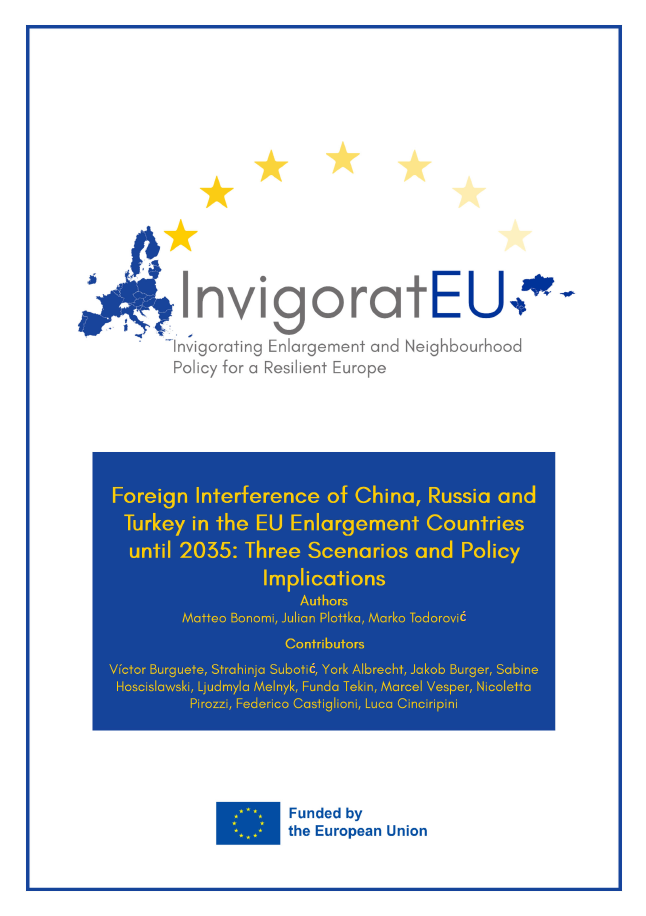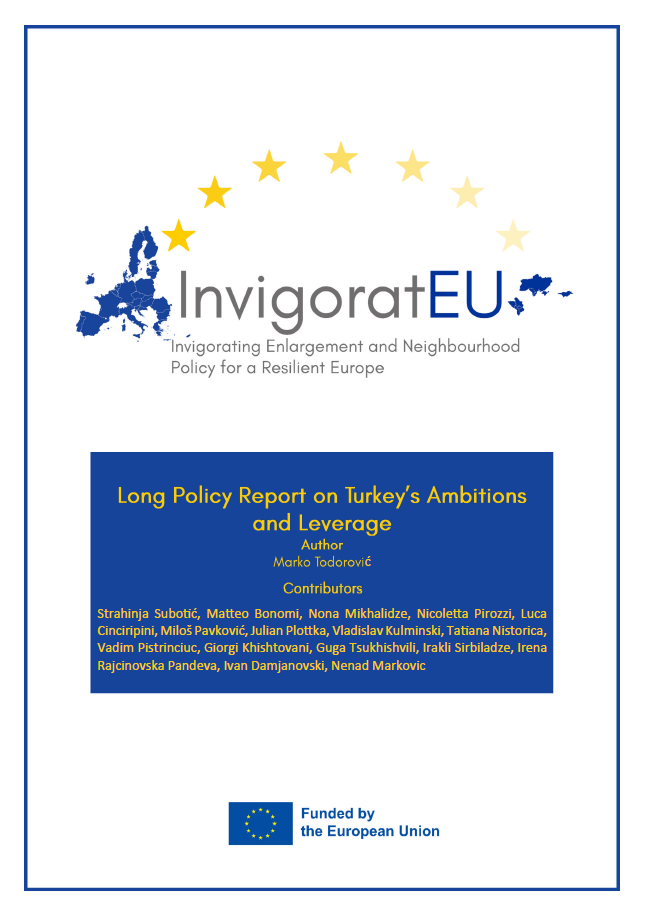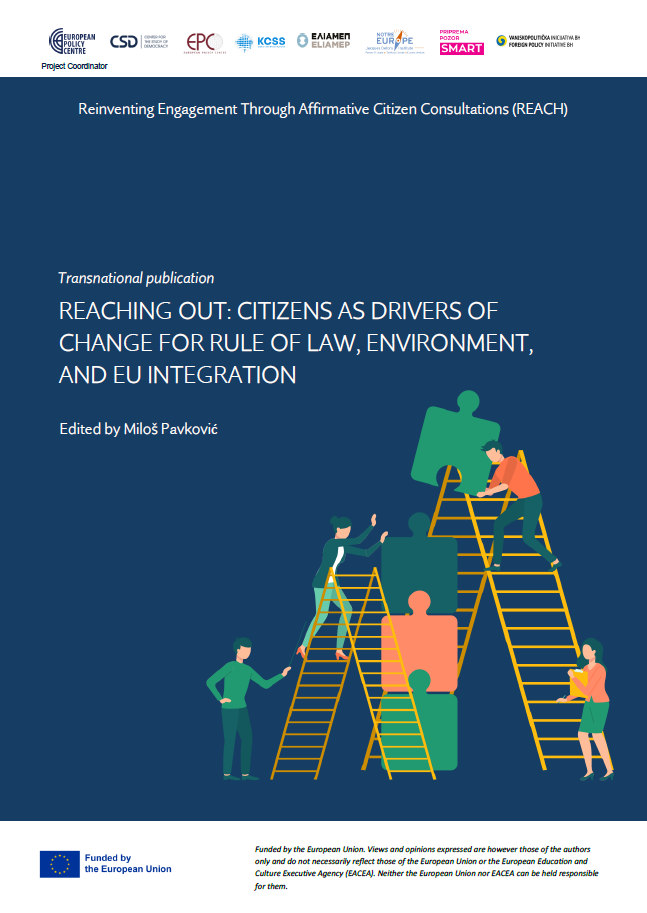Headquarters: Svetog Nauma 7, 11000
Office address: Đorđa Vajferta 13, 11000
Phone:: +381 11 4529 323
The New Growth Plan (NGP) for Moldova exemplifies the gradual integration approach, combining conditional funding with sectoral integration to drive reforms and socio-economic convergence. To assess the effectiveness of this plan, the paper examines what gradual integration entails for Moldova and compares its NGP with that of the Western Balkans.
Moldova has progressed rapidly on its EU integration journey, transitioning from having no European perspective to swiftly opening accession negotiations. However, this accelerated process presents challenges, as Moldova must balance increased EU interest with its limited administrative, financial, and political capacities. To address this, the EU has adopted a ‘gradual integration’ approach, allowing candidates to gain incremental access to benefits during the pre-accession period in a merit-based and reversible manner.
The New Growth Plan (NGP) for Moldova exemplifies this concept, combining conditional funding with sectoral integration to drive reforms and socio-economic convergence. To assess the effectiveness of this plan, the paper examines what gradual integration entails for Moldova and compares its NGP with that of the Western Balkans. The findings suggest that, despite having been quickly drafted, Moldova’s NGP represents a genuine effort by the EU to capitalise on the new-found enlargement momentum. However, as the NGP only extends to 2027, this paper argues that the EU’s 2024–2029 institutional and 2028–2034 financial cycles present critical opportunities to deepen integration and better prepare Moldova for future membership.
This brief was originally produced for European Liberal Forum EUPF. The original brief in English can be found at this link.


